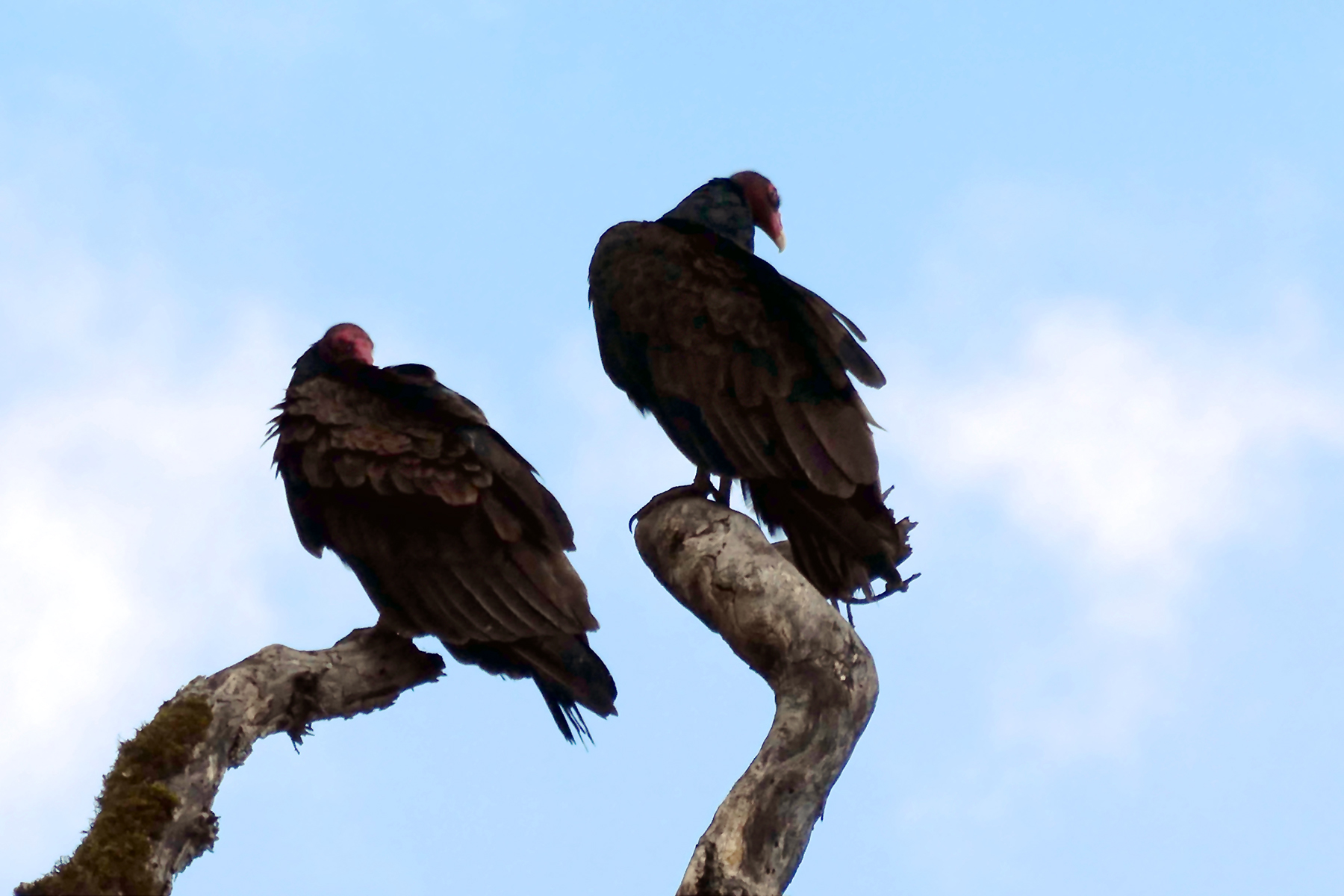Today is all about music, a new album that I find singularly graceful, or, more precisely, full of grace.
The real thing, in all of the word’s connotations: smooth, elegant movement, thoughtfulness, and the favor extended from up high. Not that I know much about Sufism’s relationship to Allah, beyond the definition that “it is a mystical Islamic belief and practice in which Muslims seek to find the truth of divine love and knowledge through direct personal experience of God.”

Vulture Prince was released a month ago by singer, composer and producer Arooj Aftab and has been finding its way into my soul. Labeled as neo-sufism, it creates modern versions of age-old Pakistani music – classical or semi classical ghazal, thumri and qawwali music – none of which I am familiar with. Of course I do not understand the language either, some of which uses words from 18th century Urdu poet Mirza Ghalib and 11th-century Persian poet Jalāl ad-Dīn Mohammad Rūmī. It speaks to the universal power of music, and the gift of this particular artist, that it is nonetheless impossible not to get what is expressed: longing, seeking, devotion, grief and love.

Aftab has Pakistani roots and came to the US to study music and engineering at the Berklee School of Music in Boston. She now lives in New York City, having published her first album in 2015, and since also recorded together with brilliant jazz musician and Harvard professor Vijay Iyer and bassist Shahzad Ismaily in a jazz trio called Love in Exile. Here is how Iyer describes their working relationship:
“Music can be a way of holding and being held by other people, and that’s how it feels like when we play together,” he says. “She has this deep reservoir of emotion that’s coming from a haunted place. She makes something beautiful, but it’s not just beauty for its own sake. It’s actually beauty as a form of care.”
I wish I had thought of that sentiment, that formulation, it is perfection.

In her mid-30s Aftab has already experienced the recent death of her younger brother and a close friend. That grief permeates some of the music, but the best analogy for the experience of listening to her that I can come up with can be found in the translation of the artist’s name: Rising Sun. Shrouded in lingering darkness, feeling swallowed by these hard, dark times, we nonetheless are gifted light, inevitably, every morning, the first rays bringing a semblance of hope. Color unfolding. Restoring a waning belief in grace.

I have tried to find a collection of samples of the variety of her music, and the growth curve from her Bird under Water album all the way to Vulture Prince. I can even tolerate the use of harp, an instrument I do not particularly like.I hope this unfamiliar beauty eases your way into the new week.


Photographs of vultures from Sauvie Island some years back. And here is a poem by Mirza Ghalib, one of the great poets of the Mughal empire. His ghazals, many set to music and sung by the most popular South Asian vocalists, were part of Aftab’s childhood – and used on her new album as well. This was one of the few I could find in English translation.







Leila
like Indian ragas